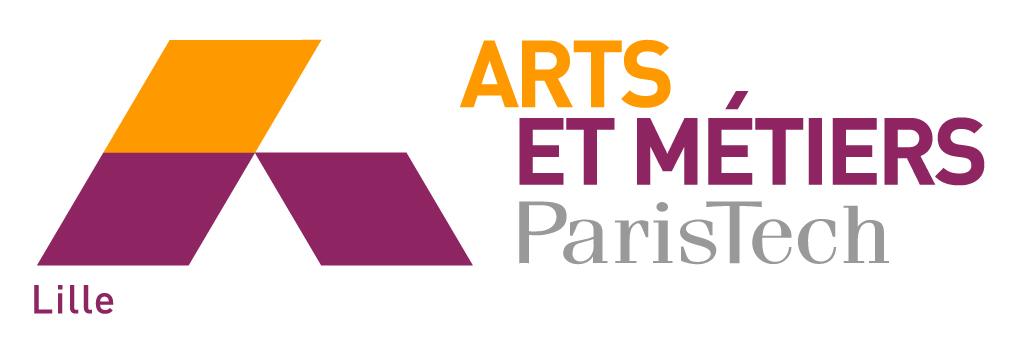Séminaire, Prof. Geza JOOS, McGill University, Canada, 30 Janv. 2023
|
Doctoral School Unit « Sustainable Development Applications » |
 |
Smart grid standards for sustainable development
Focus on distributed energy resource management systems and EV fast charging stations
Geza JOOS
McGill University, Canada
Monday 30 January 2023 / 16-18h Amphi Atrium ESPRIT Videoconference
Abstract
This presentation deals with the opportunities and benefits of a large-scale deployment and integration of distributed energy resources (DER) in distribution grids. DER include generation from renewable energy sources (RES), namely wind and solar resources, battery energy storage, allowing balancing the intermittency and variability of renewable energy, and demand response management. DER provide quantifiable benefits such as additional energy and capacity to supply new loads, reduced reliance on the transmission grid to supply local loads, and flexibility resources for grid operation. These features facilitate the implementation of a more resilient and active distribution system and the energy transition to clean energy systems. However, DER based on RES are non-dispatchable, variable and intermittent, typically distributed in smaller units in the distribution grid. DER aggregation using a DER management system (DERMS) platform is required to fully exploit their flexibility and potential to provide grid services, including energy, capacity, system services. A DERMS is a key enabler in applications such as microgrids, virtual power plants and fast EV charging stations. Integrating RES in microgrids enables the deployment of sustainable and net-zero carbon local grids. The benefits of structuring a charging station as a microgrid is demonstrated. Standards are an effective means of enabling and ensuring a structured and coherent deployment of RES-based DER in modern smart grids. They also address interoperability requirements. The presentation refers to current IEEE standardization initiatives in support of the deployment of DER.
About the Speaker
Geza Joos graduated from McGill University (Montreal, Canada) with a Ph.D. in Electrical Engineering (1987). He is a Professor in the Department of Electrical and Computer Engineering Department at McGill University (since 2001). He holds a Canada Research Chair in Powering Information Technologies (since 2004). He previously held positions with ABB, École de technologie supérieure and Concordia University (Montreal, Canada). His research and consulting activities deal with power electronic conversion systems applied to power systems and associated with distributed and renewable energy resources, storage systems and active distribution systems. He is involved in IEEE Standards Association working groups developing smart grid standards for distributed energy resources (DER), DER management systems (DERMS), microgrids and fast charging stations. He is active in IEEE Power and Energy Society working groups dealing with power electronic applications to power systems, including STATCOM and HVDC (since 2000). He was Secretary of CIGRE Study Committee C6 on Distributed Energy Resources and Active Distribution Systems (2016-2022). He is a Fellow IEEE, Fellow CIGRE, and Fellow of the Canadian Academy of Engineering and the Engineering Institute of Canada.
CPER CE2I – NOVEMBRE 2022
Séminaire, Dr. Ke LI, University of Nottingham, UK, 30 Jan. 2023







